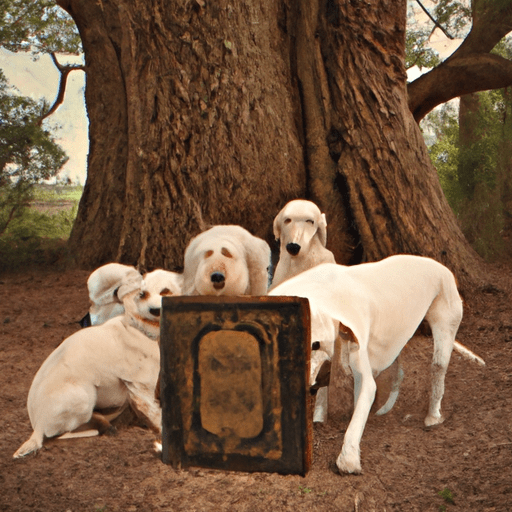“`markdown
Give Not That Which is Holy Unto the Dogs
Understanding the Proverb
You might be wondering, what does the phrase “Give not that which is holy unto the dogs” mean? It’s a biblical proverb from the Book of Matthew (7:6). This metaphorical phrase speaks of the importance of discernment and careful consideration of where and to whom you offer your time, resources, and energy.
- The Holy: This represents your most valuable resources, whether it be your time, energy, advice, or even love.
- The Dogs: These are individuals or situations that may not appreciate or reciprocate your efforts.
The Act of Giving
As a caregiver, you give every day. You provide care, support, and love to the people you look after. But you must remember, it’s important to consider where and to whom you give.
- Know Your Limits: Understand that you are not infinite. Your time and energy are precious.
- Discernment: Not every situation or person will appreciate or reciprocate your efforts. Learn to discern.
- Reciprocity: Look for relationships and situations where there is mutual give-and-take.
| Key Points | Explanation |
|---|---|
| Know Your Limits | Understand your capacity and do not overcommit. |
| Discernment | Discern where your efforts will be appreciated. |
| Reciprocity | Seek relationships that offer mutual give-and-take. |
The Importance of Reciprocity
Reciprocity is a key element in a healthy relationship. It’s the principle of mutual exchange. If you are constantly giving without receiving, it may lead to feelings of exhaustion and resentment. It’s imperative to find balance in your relationships.
- Express Your Needs: Do not hesitate to communicate what you need from others.
- Set Boundaries: It’s okay to say no when you’re feeling overwhelmed.
- Seek Support: If you’re feeling drained, seek support from others. You’re not alone.
The Role of Boundaries
Boundaries are essential for self-preservation. They help you define what you are comfortable with and how you would like to be treated by others. Setting clear boundaries can help prevent burnout and foster healthier relationships.
- Self-Care: Prioritize your needs and well-being.
- Communication: Clearly express what your boundaries are.
- Respect: Ensure your boundaries are respected and do the same for others.
Drawing the Line
Knowing where to draw the line is crucial. As a caregiver, you may feel compelled to give endlessly, but it is important to understand that you cannot pour from an empty cup. Drawing the line means understanding when to step back and take care of yourself.
- Self-Reflection: Regularly assess how you’re feeling and if your needs are being met.
- Self-Compassion: Be kind to yourself. It’s okay to put yourself first.
- Self-Preservation: Take steps to protect your energy and well-being.
Frequently Asked Questions
-
What does “Give not that which is holy unto the dogs” mean?
It’s a metaphorical phrase about discernment and careful consideration of where and to whom you offer your time, resources, and energy. -
What is the importance of reciprocity in a relationship?
Reciprocity ensures a mutual exchange of give-and-take in a relationship, preventing feelings of exhaustion and resentment. -
Why are boundaries important?
Boundaries define what you are comfortable with and how you would like to be treated by others, helping prevent burnout and foster healthier relationships. -
What does it mean to draw the line?
Drawing the line means understanding when to step back and take care of yourself. It’s about self-preservation.
“`



